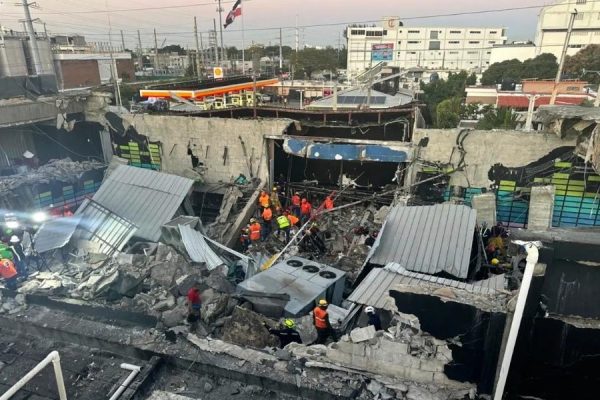WASHINGTON: A U.S. federal judge is demanding explanations from the Trump administration regarding deportation flights that continued despite a court order. Judge James Boasberg expressed frustration as the Department of Justice (DOJ) defended its actions. The case revolves around deportations under the Alien Enemies Act, involving individuals accused of gang affiliations.
Courtroom Tension
During Monday’s hearing, Judge Boasberg instructed DOJ attorney Abhishek Kambli to provide details on the flights. He demanded specific times when the planes left U.S. airspace, landed, and transferred deportees to Central American countries. The judge also insisted on an explanation of why this information should remain confidential.
Legal Dispute
The controversy began when attorneys for five individuals challenged Trump’s expedited deportation order. The administration cited concerns about alleged gang ties to justify the deportations. However, Boasberg’s order temporarily blocked the flights. The judge criticized the DOJ for continuing flights, despite his directive.
Contradictory Orders?
Government lawyers argued that the administration did not technically violate the order. They claimed the judge’s oral instruction differed from his written ruling. According to them, the written version did not explicitly require the flights to turn back. Boasberg appeared unimpressed, summarizing the DOJ’s stance as: “We don’t care, we’ll do what we want.”
DOJ’s Response
The DOJ must submit a detailed report by noon Tuesday, clarifying flight times and foreign government involvement. The judge also ordered an explanation of why public disclosure of these details would be problematic. His statements suggested deep skepticism regarding the administration’s justification.
Background of the Case
The deportations in question involved migrants accused of ties to the Venezuelan gang Tren de Aragua. Trump’s administration used the Alien Enemies Act to justify swift removal. However, rights groups challenged the move, leading to the court-ordered pause. Boasberg’s ruling aimed to ensure proper legal review before deportations proceeded.
Political Implications
The case highlights ongoing tensions between the judiciary and the executive branch over immigration policies. The Trump administration has frequently clashed with courts on deportation measures. Critics argue that the administration bypasses due process, while supporters claim national security concerns justify urgent action.
Awaiting Government Response
Boasberg’s demand for clarity puts pressure on the DOJ to provide concrete answers. The administration now faces scrutiny over whether it deliberately ignored judicial authority. If found in violation, further legal action could follow. The judge’s insistence on transparency suggests a deeper investigation may be imminent.
Legal Ramifications
If the administration is found to have acted unlawfully, it could face significant legal consequences. The case could also set a precedent for future immigration enforcement disputes. As the deadline approaches, all eyes remain on the DOJ’s response and how the judge will react.












